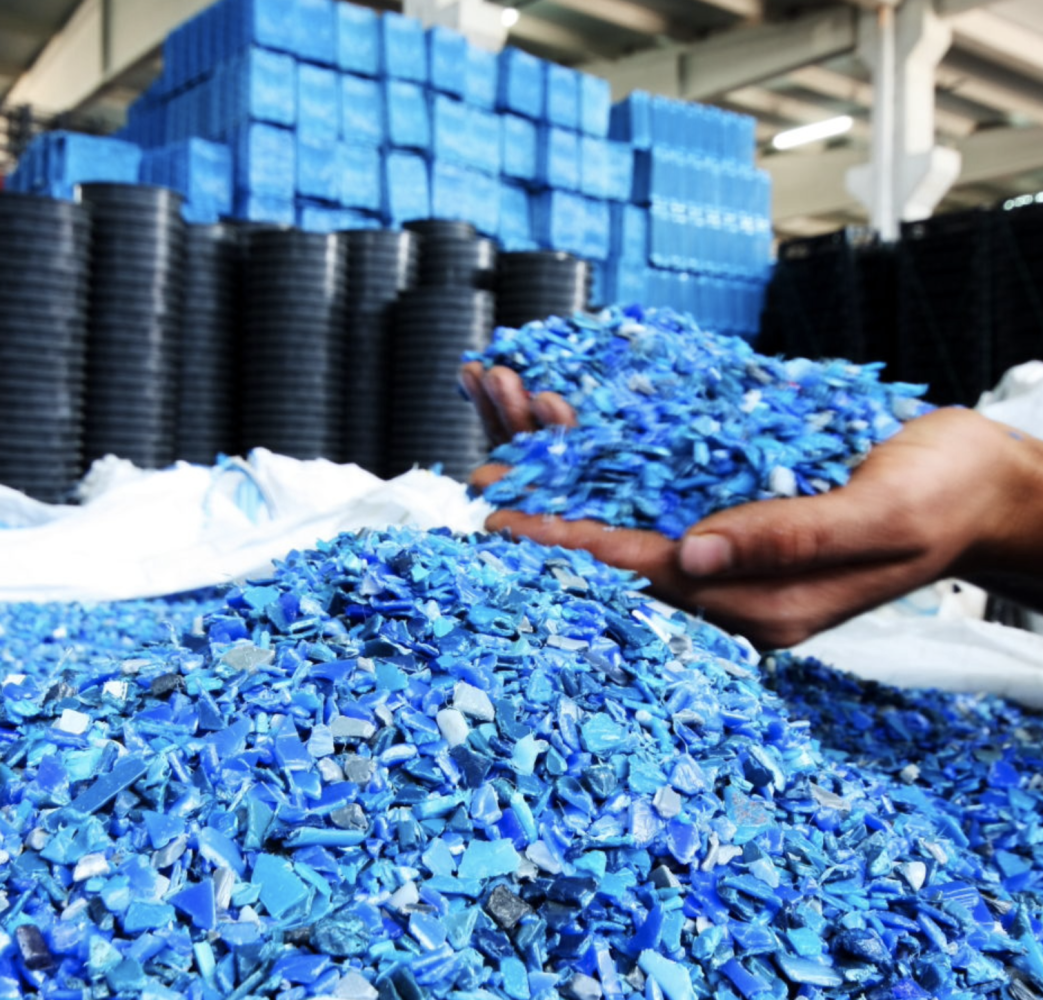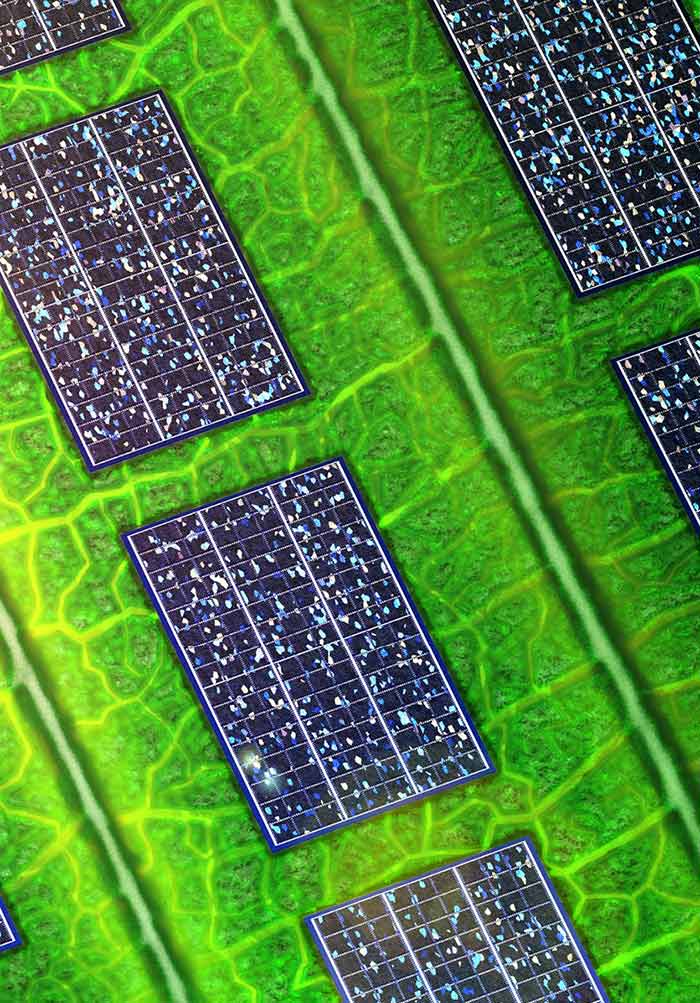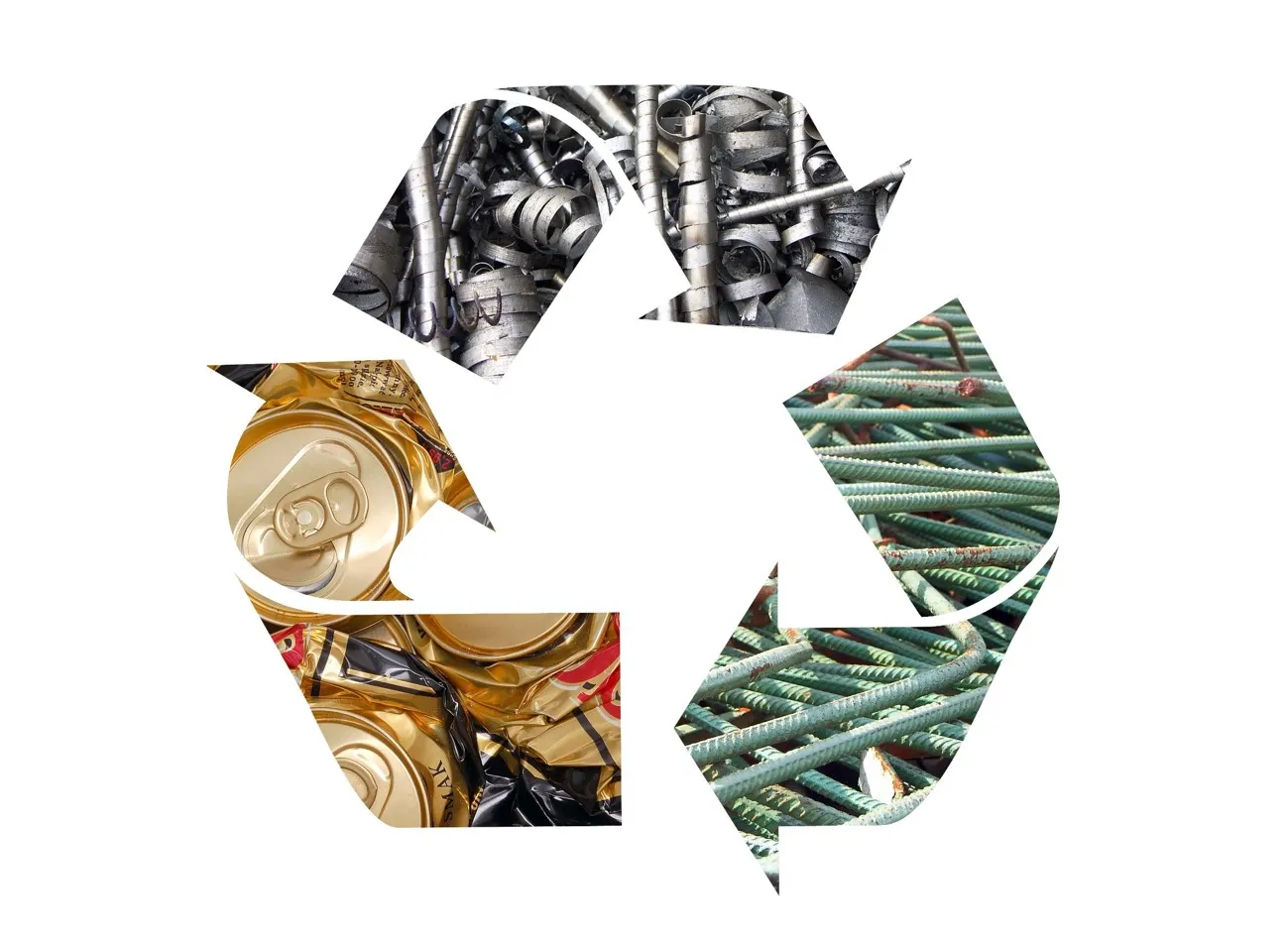As the world embraces renewable energy, the solar industry continues to evolve with new innovations aimed at improving both efficiency and sustainability. Among the critical components in solar power systems are microinverters, which are responsible for optimizing the energy output of individual solar panels. However, as solar energy adoption grows, so does the need for more eco-conscious manufacturing practices. In this article, we will explore how the use of sustainable materials in microinverters is helping reduce environmental impact, improve product performance, and support the overall sustainability of the solar industry.
The Rise of Eco-Friendly Materials in Solar Technology

The environmental footprint of solar technology is a key concern, especially when considering the full lifecycle of solar systems. From production to disposal, each phase can potentially contribute to environmental degradation if not properly managed. As consumers and businesses alike push for more eco-conscious products, manufacturers are beginning to look at innovative ways to reduce the environmental impact of solar components, such as microinverters.
Among the most significant changes is the shift towards using sustainable materials in the production of microinverters. These materials not only help reduce waste but also contribute to the overall durability and efficiency of the devices, making them a win-win for both the environment and consumers.
Sustainable Materials in Microinverters
1. Recyclable Plastics

One of the most commonly used materials in microinverter construction is plastic. Traditionally, the plastics used were not recyclable, contributing to significant waste at the end of a product's life cycle. However, recent innovations have led to the use of recyclable plastics in microinverters. These materials are designed to be processed and reused, thereby reducing the amount of plastic waste that ends up in landfills.
Recyclable plastics are not only environmentally friendly but also lightweight and cost-effective. They help reduce the overall weight of the microinverter, which can be an advantage during shipping and installation. Moreover, as demand for recyclable plastics grows, their cost is expected to decrease, making them a more affordable option for manufacturers.
2. Low-Toxicity Materials

Microinverters contain various electronic components, and traditionally, these components were made using materials that could be harmful to both the environment and human health. Toxic substances like lead, mercury, and cadmium were once commonly used in electronic products, including inverters.
Today, there is a growing push to replace these harmful materials with low-toxicity alternatives. For instance, many microinverter manufacturers are adopting lead-free solders and cadmium-free components. This shift helps reduce the ecological impact of microinverters, especially when it comes time to dispose of them. These low-toxicity materials also make microinverters safer to handle during installation and maintenance, ensuring that workers and consumers alike are not exposed to harmful substances.
3. Eco-Friendly Packaging

Packaging is another area where manufacturers are focusing on sustainability. Microinverters, like other electronic devices, are often packaged in materials that contribute to excessive waste. By using recyclable or biodegradable packaging materials, companies are reducing their environmental footprint. This not only improves the product's sustainability but also aligns with the increasing demand from consumers for eco-friendly packaging solutions.
4. Sustainable Metals and Alloys

In addition to plastics and packaging, the metals used in microinverters are also evolving. Many companies are opting for metals that are more sustainable, such as aluminum, which is highly recyclable and has a low environmental impact during the extraction process. The use of sustainable alloys can increase the longevity and efficiency of microinverters while reducing the need for rare and potentially harmful materials.
The Environmental Impact of Eco-Friendly Microinverters
The integration of these sustainable materials into the production of microinverters plays a crucial role in reducing the overall environmental impact of solar systems. Below are some of the ways in which eco-friendly microinverters contribute to sustainability:
|
Eco-Friendly Material |
Environmental Benefit |
|
Recyclable Plastics |
Reduces plastic waste, lowers carbon footprint of production, and minimizes landfill contributions. |
|
Low-Toxicity Materials |
Eliminates harmful substances, reducing pollution and making products safer to dispose of. |
|
Eco-Friendly Packaging |
Reduces packaging waste and aligns with consumer demand for sustainable practices. |
|
Sustainable Metals & Alloys |
Minimizes the environmental impact of metal extraction and promotes recycling. |
By using recyclable materials, microinverters not only reduce waste but also improve the efficiency and lifespan of solar systems. These devices can now be recycled at the end of their life, which significantly reduces the amount of e-waste generated. Additionally, because these materials are safer for both the environment and human health, they promote a cleaner and healthier world for future generations.
Paving the Way for a More Sustainable Solar Industry
The move towards sustainable materials in microinverters is a part of the broader trend within the solar industry towards greater environmental responsibility. Manufacturers, policymakers, and consumers alike are increasingly aware of the need for greener practices. As more eco-friendly materials are incorporated into the production of solar technology, the overall environmental footprint of solar systems will continue to shrink.
These advancements in microinverter technology are not only helping to reduce the impact of solar systems on the environment but also driving innovation in the broader renewable energy sector. By prioritizing sustainability in both production and disposal, the solar industry is setting an example for other sectors to follow.
About Mushroom Solar

Mushroom Solar is committed to advancing the solar industry through innovative and eco-friendly solutions. With a focus on sustainable materials and cutting-edge technology, Mushroom Solar offers high-quality solar products that contribute to a greener, more sustainable future. For more information about our products and commitment to sustainability, please visit our website at Mushroom Solar.


